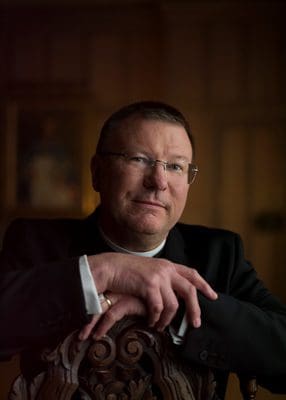
Just the other day, I was sent a fascinating video from the UK that debated the use of, so-called, Critical Race Theory (CRT) in British schools. I say ‘so-called’ because every time I ask people what CRT is, I seem to get a different answer! I am afraid I am from the ‘common sense’ school, and am always wary when ‘theories’ are used or abused to prove a point. I think history should speak for itself and we should tell the facts; but, then again, I grew up in a state school system where collective worship was the law, and the teaching of religious education was mandatory until 16 years of age. If I were to suggest that to many of the United States’ school boards of trustees, I know exactly what answer I would get! Nevertheless, I learned about history, music, and art by referring them to religious study. Similarly, my understanding of religious experience and spirituality was influenced heavily by studying history, art, and music, and not simply sacred texts. In my experience, when one overthinks things, there is a greater chance for disagreement, and some fundamental realities can be obscured. For me, as a Christian, the most fundamental reality is Jesus Christ, and that has some consequences for what ought not be obscured in our public discourse.
In the Christian faith, we cherish the Bible, and it is part of our formation. Our belief as Christians is that the Hebrew Scriptures find their fulfillment in the person of Jesus Christ. The Fourth Gospel begins with words and phrases reminiscent of the first book of the Bible: “In the beginning…” Our belief that Jesus is the Word made flesh affects our reading of the scriptures and our relationships with one another, with society, and with the planet; we interpret the Hebrew Scriptures through the lens of the incarnation, and the passion, death, and resurrection of Jesus Christ because, when the time was right, God sent his Son, Jesus, and the Word was made flesh and dwelt among us. The New Testament bears witness to the person of Jesus Christ. Sadly, sometimes, Christians fall out of friendship over interpreting the words of the scriptures and fall into the danger of reducing Jesus to a ‘theory.’ As someone once said to me, ‘The Word was made flesh, and we turned him back into words again.’
On Saturday, the Diocese of New York held a special service of apology for its involvement in slavery in past years. Apologies are important when wrong has been done; even when the harm was inflicted many years ago, or by people who are dead. I have learned this first hand in hearing the stories of those who came forward during our safeguarding investigation. Their stories are hard to hear; they are precious; they humble me; they also make me feel helpless, because I have no power to make things right. But, I still apologize. The Bishop of New York has asked all the churches to use some of the liturgical resources for that special service this Sunday, and we will use an adapted form of the Prayers of the People. For the General Confession, I have decided that we will use the form found in Morning and Evening Prayer in the 1662 Book of Common Prayer; its phrases and language say it all, and it contains the phrase that was removed by the revisions some years later – ‘miserable sinners.’
Knowing our past is important, but knowing where we are going is just as important. The confession is followed by an absolution; an apology by a promise to change things in the future. Slavery is still with us in the world, including children who are denied an education because they must work, and human trafficking is becoming a blight on humanity. Soon, in the Easter Vigil, we will hear again the story of the Exodus – the escape of the Hebrew Tribes from slavery into freedom. Although the scriptures, both Old and New Testaments, were written at a time when slavery was commonplace, nevertheless, we read those same stories today still through the lens of the Resurrection of Jesus Christ, who, when he went to the Synagogue at his hometown of Nazareth, we read:
When he came to Nazareth, where he had been brought up, he went to the synagogue on the sabbath day, as was his custom. He stood up to read, and the scroll of the prophet Isaiah was given to him. He unrolled the scroll and found the place where it was written:
“The Spirit of the Lord is upon me,
because he has anointed me
to bring good news to the poor.
He has sent me to proclaim release to the captives
and recovery of sight to the blind,
to let the oppressed go free,
to proclaim the year of the Lord’s favor.”
And he rolled up the scroll, gave it back to the attendant, and sat down. The eyes of all in the synagogue were fixed on him. Then he began to say to them, “Today this scripture has been fulfilled in your hearing.” (Luke 4:16–21)
Perhaps when we apologize for our actions or the actions of our forebears, we align ourselves with the person of Jesus Christ, and begin to let the oppressed go free.
Affectionately,
Your Priest and Pastor,
Carl

